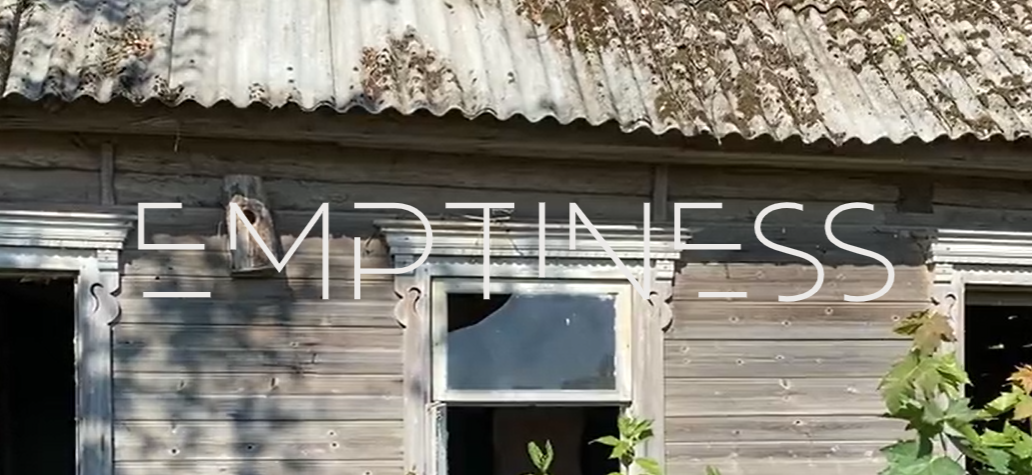University of Oxford - School of Anthropology and Museum Ethnography

The School of Anthropology and Museum Ethnography has a long tradition of comparative, empirically grounded research, and contributions to anthropological theory, across a wide range of thematic and regional settings. Its mission is to be a world leader in all forms of anthropological research and to train the next generations of anthropologists through research-driven teaching programmes that produce future leaders in their fields. The current Head of School is Dr David Pratten.
The School has close links with the Pitt Rivers Museum which houses one of the world's great ethnographic collections.The wide ranging and topical research portfolio has five major research clusters: Social Anthropology; Visual and Material Culture; Medical and Ecological Anthropology; Migration and Society; and Human Sciences.
Teaching programmes run at both undergraduate (BA Archaeology & Anthropology, and, BA Human Sciences) and graduate level (eight taught postgraduate degrees across the range of the School’s research portfolio, and two doctoral degrees, in Anthropology and Migration Studies). The School prides itself on its interdisciplinary and wide-ranging approaches to solving real world problems that contribute to the promotion of intercultural understanding and tolerance. The School has achieved Athena SWANBronze level accreditation.
In 2021/2022 major externally funded research projects include: ‘Disobedient Buildings’ and ‘Emptiness: living Capitalism and Democracy After (Post)socialism’.

Disobedient Buildings is a three-year AHRC funded project led by Professor Inge Daniels. It is a multi-sited research project about housing, welfare and wellbeing. A multi-disciplinary team of researchers and visual practitioners will study the impact of recent neo-liberal reforms on everyday life inside blocks of flats in the UK, Romania. Norway and Sweden. Based on 12 months of empirical research in these European countries, that are generally associated with different kinds of welfare models, they will compare how ordinary citizens conceptualise and confront welfare, health and wellbeing on the ground.

Emptiness: Living Capitalism and Democracy After (Post)socialism is a five-year ERC funded project led by Dr Dace Dzenovska. It studies the emptying cities, towns, and villages in Eastern Europe and Russia through the lens of “emptiness” as a concrete historical formation that has emerged in conditions when socialist modernity is gone and promises of capitalist modernity have failed. More specifically, it: (1), studies the experiences and narratives of emptiness and emptying; (2), examines the politics and governance of emptying and emptiness; and (3), uses postsocialist “emptying” and “emptiness” as lenses for analysing global reconfigurations of relations between capital, the state, people, and place at a time when capital flows and statecraft are increasingly concentrated in “global cities,” with the rest of urban and non-urban spaces becoming radically disconnected.
The School logo reflects our ongoing commitment to the study of material culture, representing a basked used for dyeing indigo fabric.



